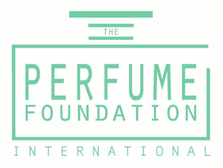|
An Interview by Creezy Courtoy, World Perfume Historian and Anthropologist The IPF Natural Perfumery Teacher's Academy is dedicated to accomplishing two vital goals: firstly, to educate enthusiasts on the art and science of natural perfumery, enabling them to transform their passion into sustainable careers; and secondly, to ensure the rich heritage of perfumery is preserved and passed on to future generations. Understanding the World Perfume History is crucial for any perfumer, not only to enrich their creations with inspired narratives but also to uphold and share this invaluable legacy. Now, let's introduce you to Vivian Trinh. Join us as we delve into her story. 1. Could you introduce yourself, including where you reside and your current occupation or activities? I am Viviane Trinh, an international independent perfumer and scent educator. I'm currently based in Ho Chi Minh city, Vietnam after years of training and working globally. My company's main focus is private R&D services, consultancy and tailored training programs for individuals and entrepreneurs. Settling down in a city that's not my homeland, with almost an opposite lifestyle compared to Hanoi - Where I was born - is a decision that requires a lot of my nerve! There are more and more people doing this, but it was definitely not something common back then! I was formally trained in Grasse focusing on the art and technique of raw materials and fragrance creation. But it was not enough to become a professional perfumer. I never stop there. For the last decade, I've been doing training and researching work with top perfumers and companies all around the world to collaborate and refine my skill. 2. Could you share why you chose to study History, particularly what inspired you? Was it a desire to learn more about the history of perfume in your region? I believe everything has a beginning. In order to master an art form, you have to truly understand it from the root. I never hate the fact that I'm almost obsessed with learning new skills and gaining new knowledge for my work as a perfumer. But funny enough, the more I try to move forward with the intention to "change", the more I realize that I'm getting back to the point where everything starts. Lots of the inspiration of our modern fragrances, including the raw material, the formula composition, the packaging or even the branding and marketing is actually nothing new but a more 'dressed up' and creative version of something that has already been done from centuries ago. Just like how we all fall in love with that homemade, fragrant herbal bath from our childhood before Chanel No.5, Shalimar and Mitsouko. Those little small scented moments are exactly the reason why I have had such a big love for perfumery since a very young age. Sometimes, I feel like no matter how much I've gained during this journey, I'm still that little girl who immersed herself in that afternoon bath, thinking about how she could get that vintage botanical dictionary from that local no-name bookstore. 3. What is the current state of natural perfumery in your country? What about its heritage? Do people still retain knowledge of their ancestral heritage? Despite the fact that our country has a rich tradition of using fragrant herbs not just for the purpose of beauty but also for medicinal and the spiritual purposes, I still find the urgent need to maintain the heritage worth considering. It's a bit painful to watch people shutting down their own garden or skipping on preparing natural scented products like tea, herbal bath, traditional medicine recipe, incense etc. because they don't have time or energy. The modern momentum of lifestyle is a challenge for people who still want to commit using the knowledge of their ancestral heritage. 4. Was the history course effective in reacquainting your country with its heritage related to perfumery? Education and creative ways of using scent is crucial to keep the heritage alive. I got all of that from the course. After joining the history program, I have a deeper understanding of not just my country's heritage related to scent, but also of a more comprehensive view about the world history of perfumery. The course gave me new knowledge about many practices that I thought I already knew by heart. It was truly a meaningful experience of reacquainting myself with my country heritage related to perfumery in a totally different way; but much more academic and professional! 5. Did you find it beneficial and necessary to take the global Perfume History Course? How did it impact you personally, and what changes have you experienced in your life as a result of this course and its certification by the International Perfume Foundation.
The course gives me extra courage to bring lots of my ideas from a shy scratch to a real product that I can proudly show my clients from time to time. That's priceless. If not to say, one of my career's bliss. It's been a very helpful course for me and it did help me so much with my career. I cannot tell you how much it helps me in my perfumery work. I'm looking forward to learning more from you and your courses in the future! I hold your certification in the highest place of my lab! I have to say that Creezy Courtoy's mentorship during the course was something out of this world. She employed incredible expertise in her teaching. But more than that, Creezy's heart-warming personality and her life-long passion for the art of perfumery was truly the biggest source of motivation for her students! My last word is: A special job requires a special mentor, and choosing Creezy's course was a game changing decision for my career. I cannot tell you enough how grateful I am.
0 Comments
Your comment will be posted after it is approved.
Leave a Reply. |
Archives
June 2024
Categories
All
|
- HOME
- ABOUT
- IPF CERTIFICATION
-
COURSES
-
MASTER CLASSES
- Teaching Methodology
- Natural Raw Material Extraction Methods >
- Natural Candle Making
- Healing Gardening
- Sustainable Oud MasterClass
- World Perfume History Master Class
- Scent Design and Formula Building >
- Fragrant Botany & Chemistry >
- Perfume Design, Concept and Storytelling
- French Natural Aromachology #1
- French Natural Aromachology #2
- Olfaction Training for Children
- Accords - Chypre
- Accords - White Florals 1
- Accords - Fougeres and Aromatics
- FRAGRANCE DEVELOPMENT
- SPEAKERS
- EXHIBITIONS
- Partners
- Blog
- Contact
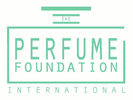
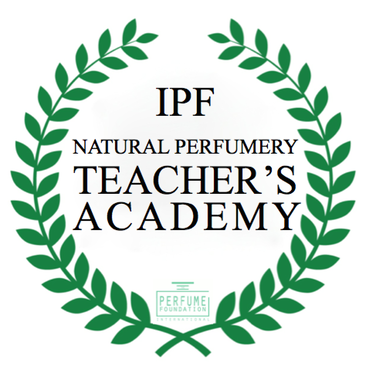
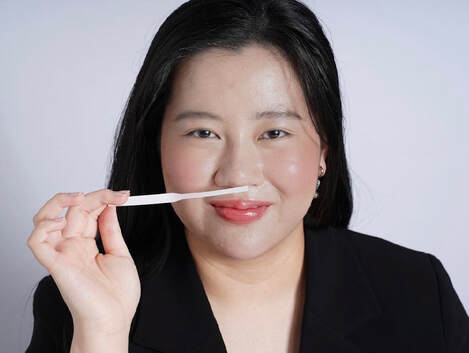
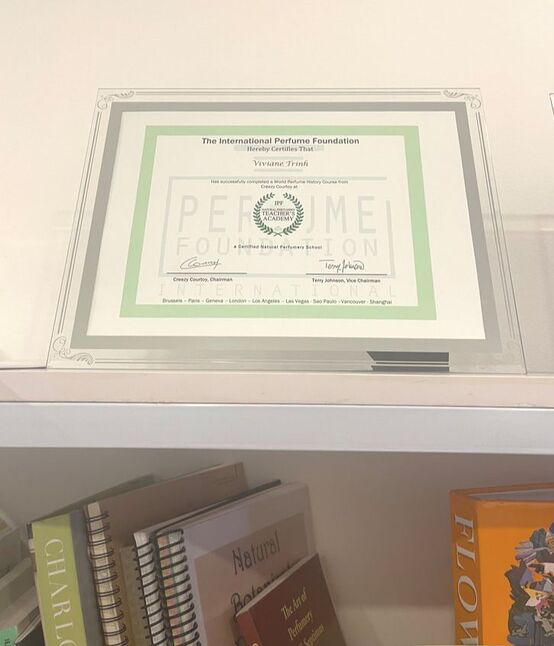
 RSS Feed
RSS Feed
